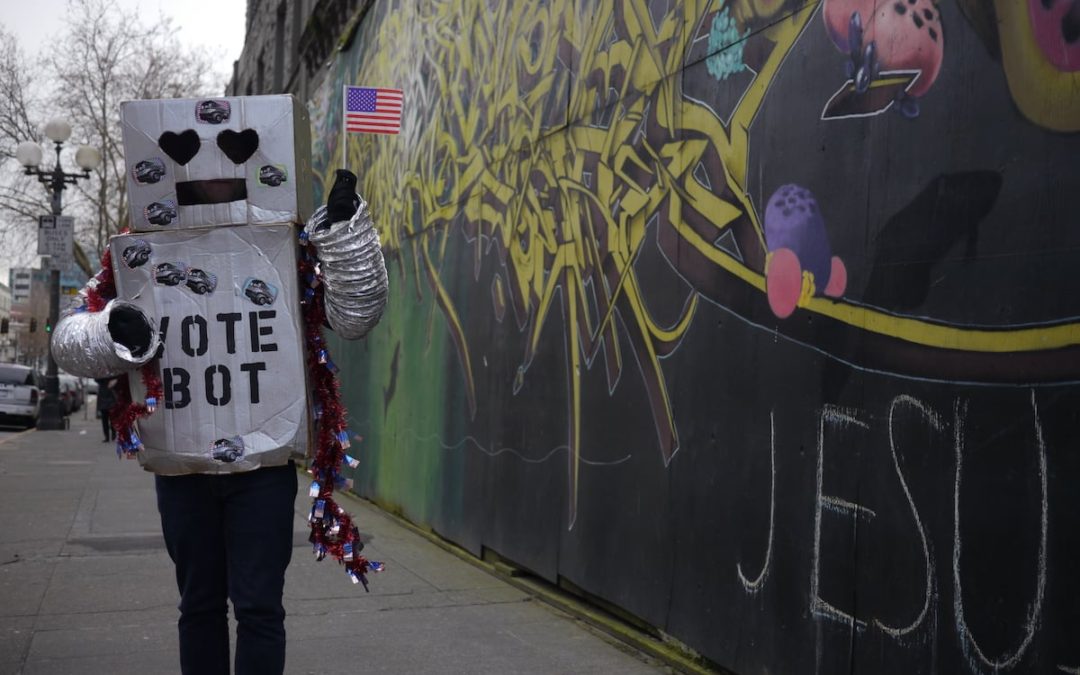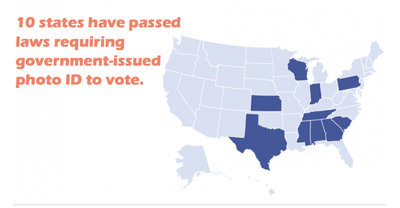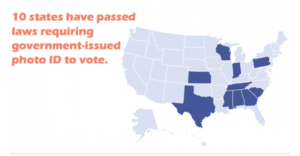
Setting a Higher Bar
This November Washington residents will be voting on Initiative 502, an ACLU-sponsored initiative to legalize recreational marijuana use in Washington State.
Yesterday, the seldom-progressive Seattle Times endorsed a yes vote on I-502, commemorating Seattle’s long history of allowing Hempfest to operate for 21 years in legal limbo within our public parks.
In their endorsement, the Seattle Times Editorial Board gave a nod to opponents of I-502, who dislike the DUI-style provisions created by the new bill.
But they also fall into the trap of pretending there is not currently a law against driving while under the influence of marijuana.
According to RCW 46.61.502:
“A person is guilty of driving while under the influence of intoxicating liquor or any drug if the person drives a vehicle within this state:
And the person has, within two hours after driving, an alcohol concentration of 0.08 or higher as shown by analysis of the person’s breath or blood made under RCW46.61.506; or while the person is under the influence of or affected by intoxicating liquor or any drug;
The fact that a person charged with a violation of this section is or has been entitled to use a drug under the laws of this state shall not constitute a defense against a charge of violating this section.”
There is currently a zero-tolerance rule for driving while under the influence of non-alcoholic drugs. I-502’s “new” DUI threshold would raise the current limit by setting one.
In addition, the new threshold measures a seldom-used test for the active component in marijuana that causes the sensation of being “high”. This is different than the inactive metabolite employers test for that lasts for weeks at a time (and may have cost you a job or two).
This establishes the first legal difference between proof that you are currently high versus proof you attended a Snoop Dog Lion concert two weeks earlier. There’s no carve-out for the latter under current law, and a judge or jury who sees no legal distinction could choose to convict a person who was completely sober but driving erratically.
Washington State could be the first state to break from Federal Law and legalize marijuana for casual use. Whether voters think this is a good idea is totally up to them. But an informed electorate is important, stoned or not.
This blog post was written by Devin Glaser, longtime friend and volunteer of the Bus.




